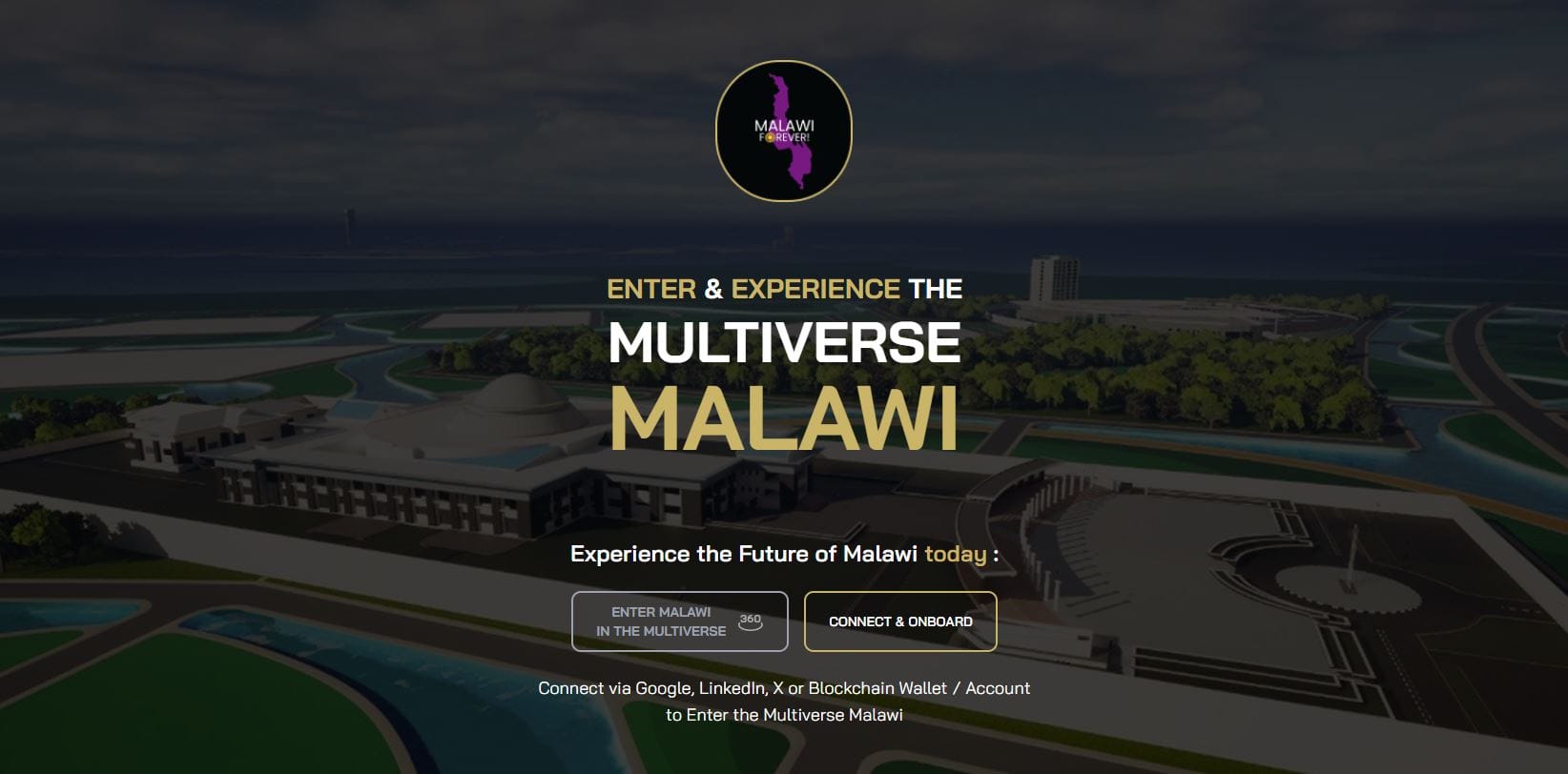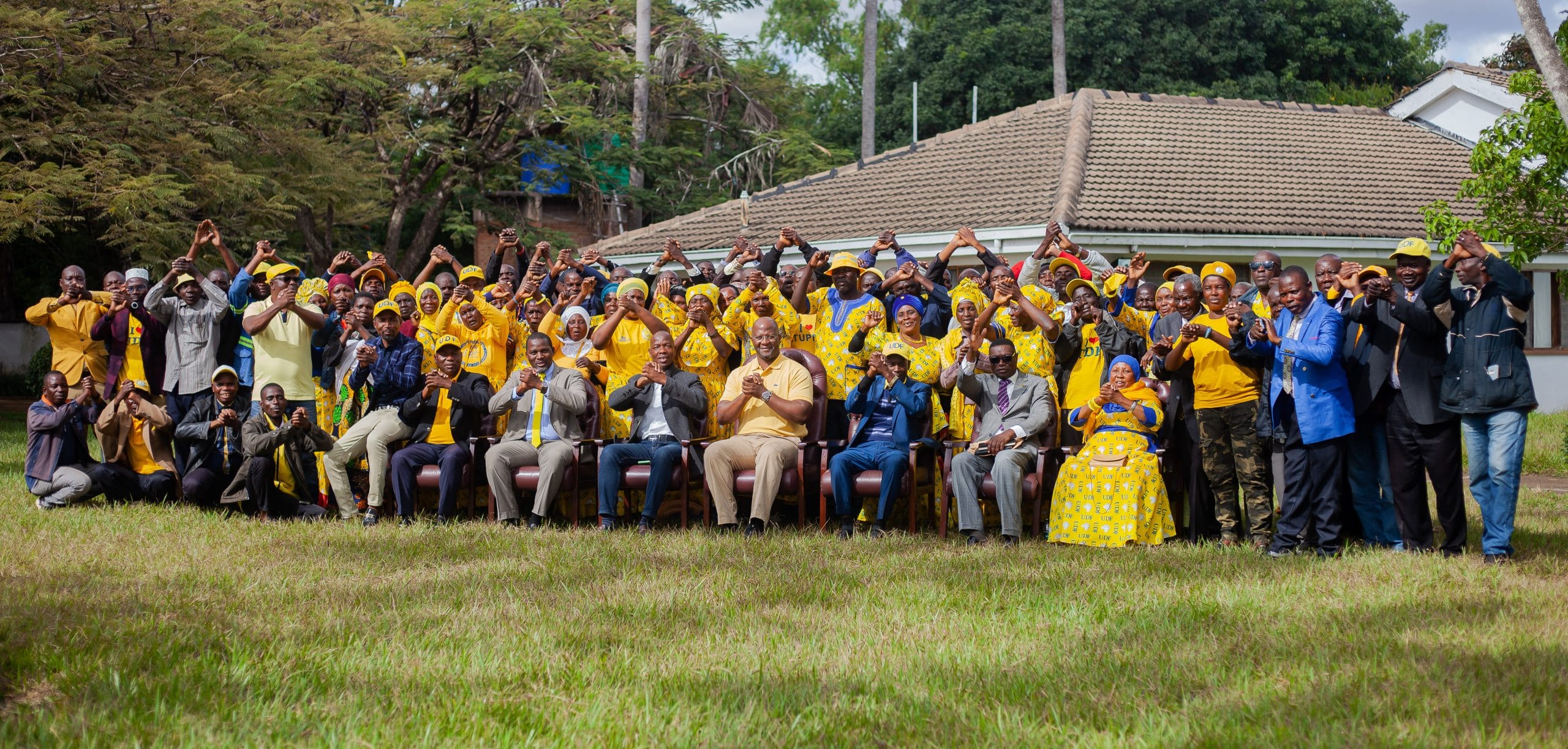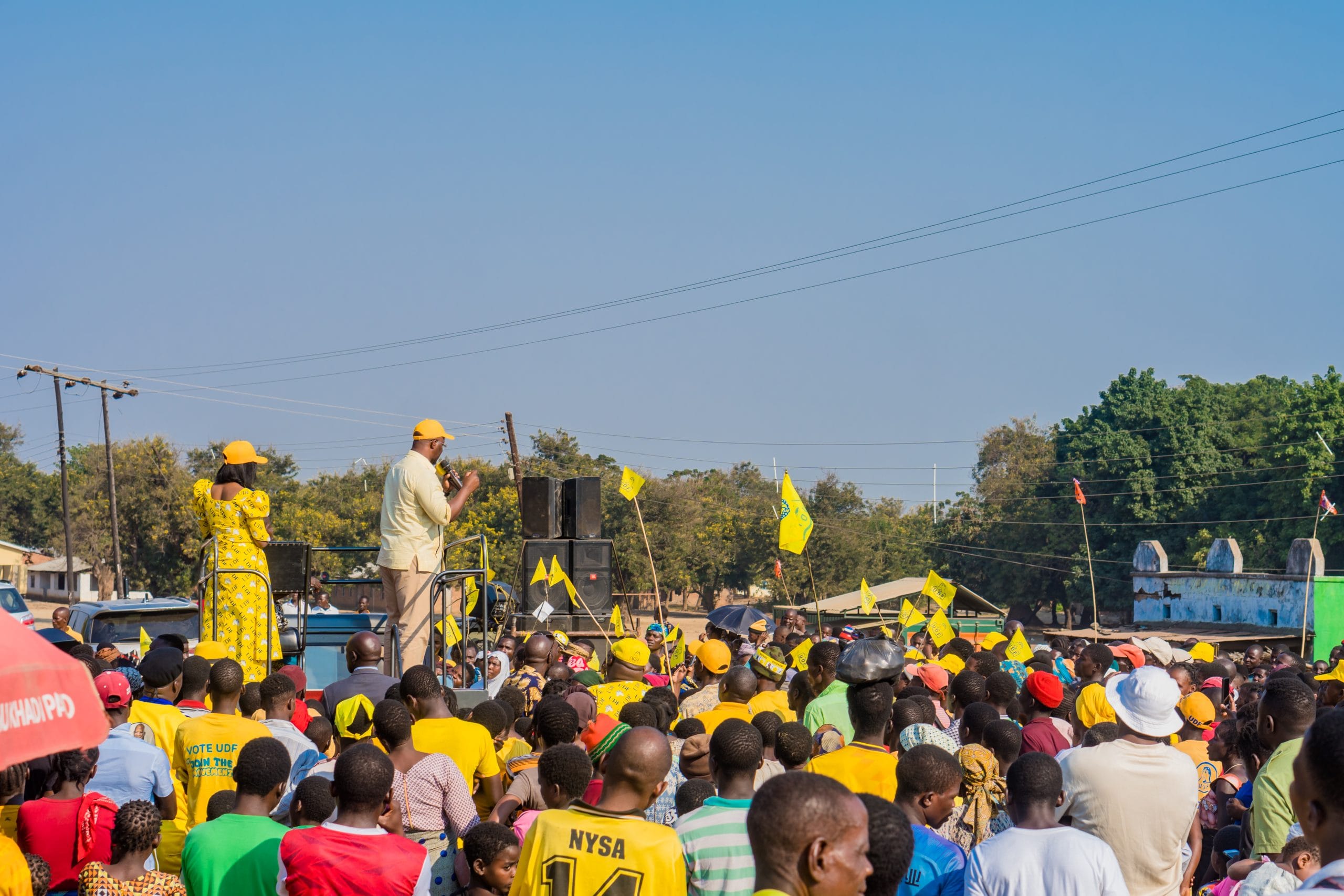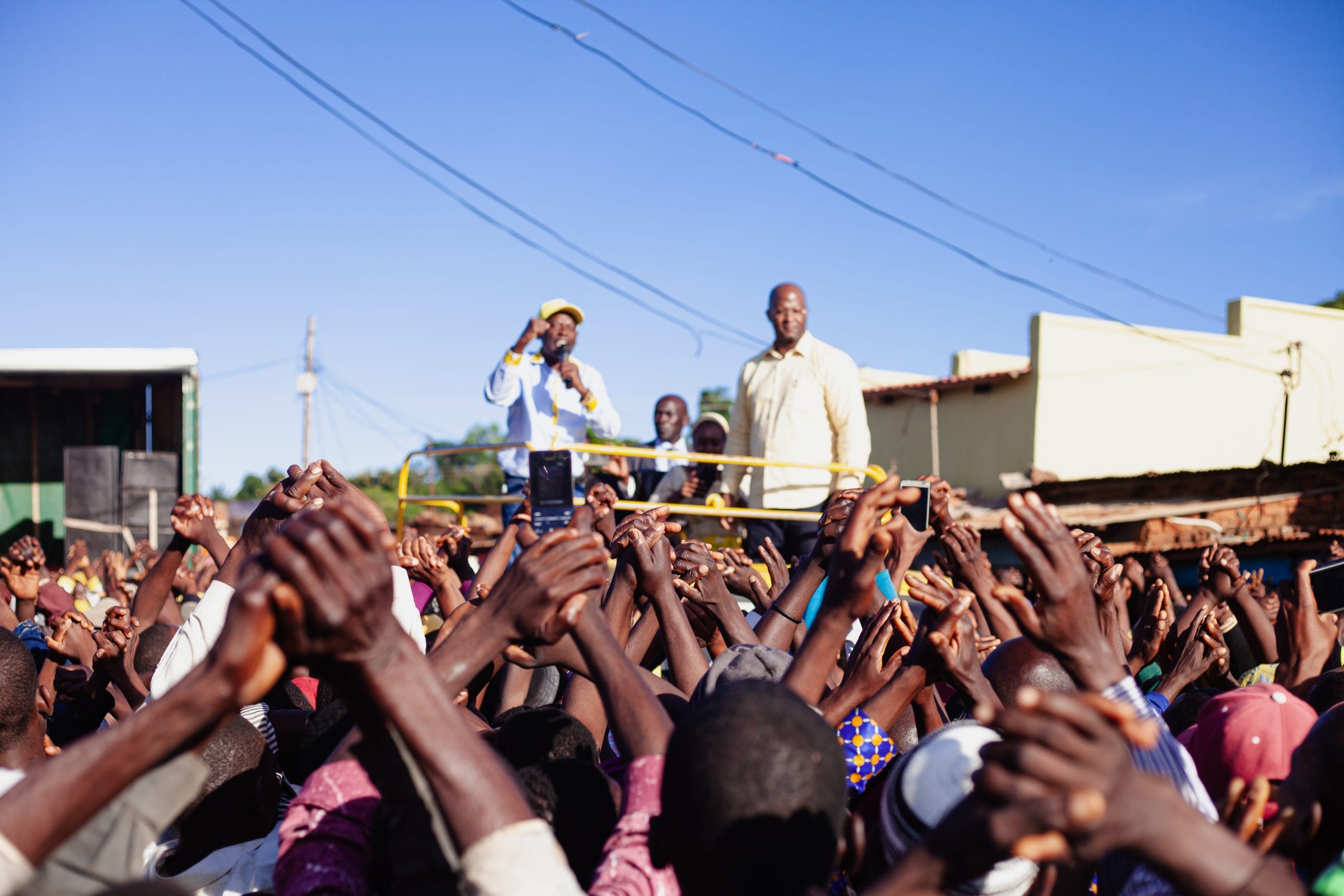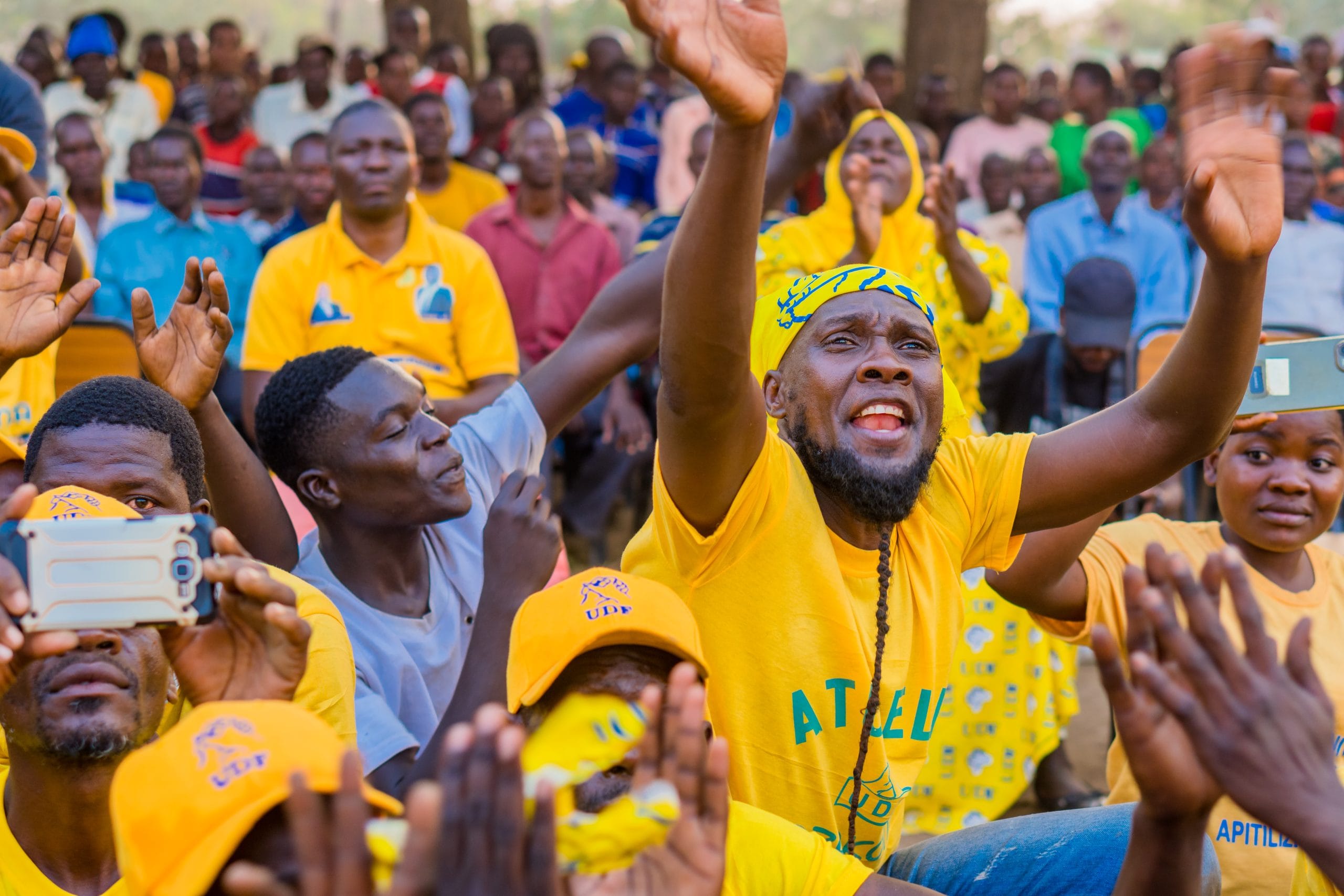Atupele Muluzi’s Urgent Call as Malawi’s Donor Dependency Crumbles
- Jeffrey Smith
- August 7, 2025
The End of an Era: No More Handouts
At the Platform for African Democrats (PAD) summit in Lilongwe, Atupele Muluzi didn’t mince words: “Malawi must stop thinking help is coming—because it’s not.” He pointed to a global shift driven by policies like those under Trump, pushing nations toward a self-help model.
With donors pulling back, Malawi’s longstanding reliance on aid is unraveling. Muluzi’s stark message: if Malawi does not rapidly rethink its economics and leadership, it will crash under its own failures.
An Economy in Freefall
The numbers paint a grim picture:
Malawi’s real GDP growth slowed to just 1.8% in 2024, with 2025 expected to hit only 1%.
This growth lags behind the population increase of 2.6%, shrinking the per capita GDP.
A current account deficit soared to 18.7% of GDP in 2024.
After drastic cuts in U.S. aid, Malawi faces a crippling $2 billion forex gap, struggling with empty shelves, long fuel queues, and a black-market currency rate more than twice the official peg.
Muluzi states plainly: “It’s the cost of living in denial—waiting for donors while we ignore our own power to generate wealth.”
A Broken System, Decades in the Making
Malawi’s economic malaise is not new. The country remains one of the world’s poorest, with a per capita income of just $550—far below the sub-Saharan average and lower than recovering neighbors like Mozambique.
At independence, Malawi was among the poorest globally, and today it ranks 184th out of 188 countries, only outranked by states in conflict or crisis.
Muluzi’s frustration is clear: “It’s a country in perpetual crisis, made and exploited by its own elites.” His call is political—a daring plea to elect leaders willing to dismantle the old corrupt system and build a new one.
Business First: Muluzi’s Vision for Renewal
Unveiling his “Business First” strategy, Muluzi lays out a plan focused on:
Prioritizing manufacturing to drive economic growth
Transforming subsistence farming into commercial agriculture powerhouses
Overhauling education to meet real economic needs
He stresses, “Malawi doesn’t need miracles. We need leadership that’s ruthlessly focused on removing obstacles to jobs and growth. Enough talking. It’s time to build.”
The High Stakes: Survival or Decline
The situation is dire:
Nearly 70% of Malawians live in poverty
Food insecurity is widespread
Public debt is soaring, projected to hit 86% of GDP in 2024
Over three million Malawians have emigrated, mostly to South Africa, searching for better opportunities
Urbanization has surged from under 5% at independence to 20% today, with projections of one-third of 40 million people living in cities by 2050. The rural economy is faltering, and without jobs and investment, the entire nation’s stability hangs in the balance.
A Choice of Life and Death
Muluzi’s warning is unambiguous and prophetic: “This election is not about party colours. It’s about survival.” Malawi must become a generator of wealth or face catastrophic decline.
His challenge is stark but honest: Will Malawi continue to beg in a world moving away from donor aid, or will it rise and build its future with its own hands?
“We either wake up,” Muluzi warns, “or we die asleep.”
Conclusion: The Time to Act Is Now
Malawi’s future depends on a bold shift from dependency to self-reliance. Atupele Muluzi’s call to arms resonates beyond politics—it’s a plea for national awakening and renewal grounded in economic responsibility and visionary leadership.
The path ahead is daunting, but impossible to ignore. Malawi must choose to linger in decline or seize the opportunity to build a prosperous and independent tomorrow. The clock is ticking.
>> Watch an upcoming webinar to find out how the Business First strategy is set to reward Malawi with maximum positive impact.

